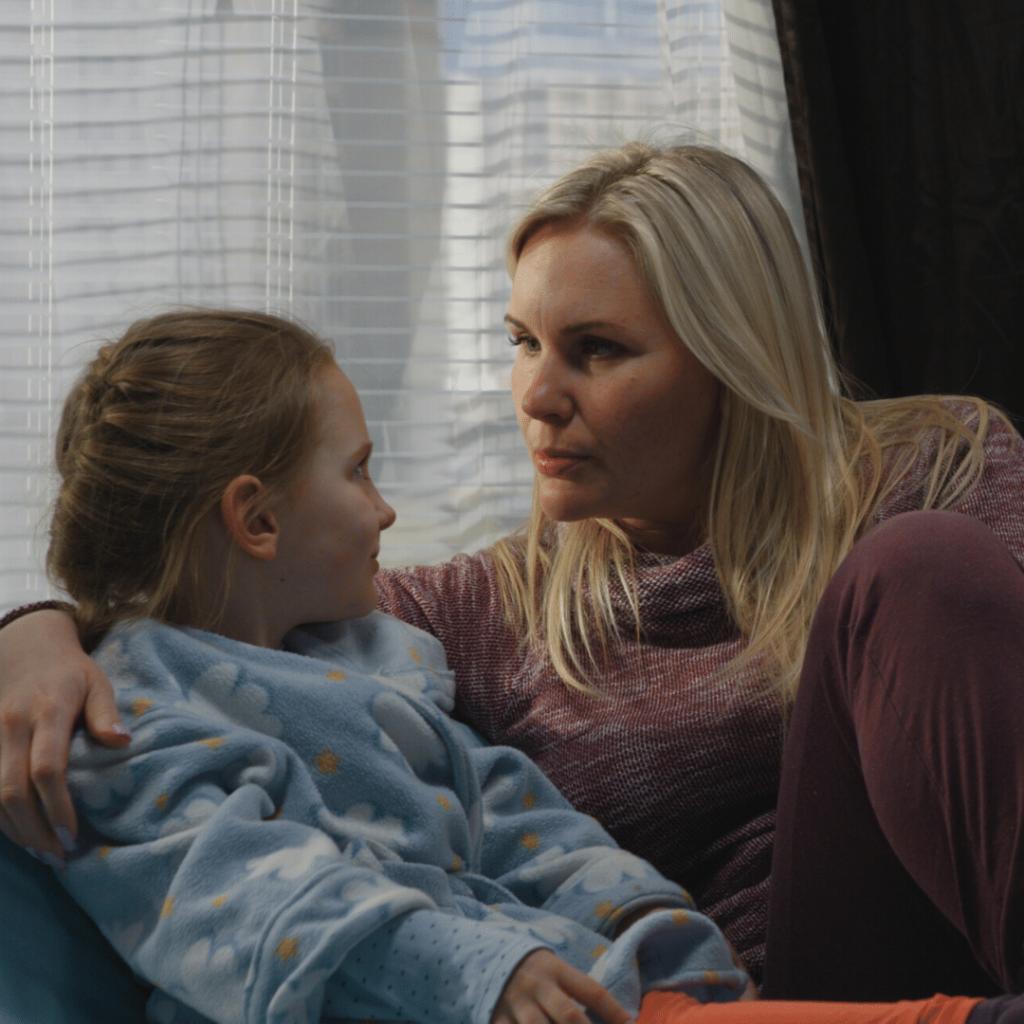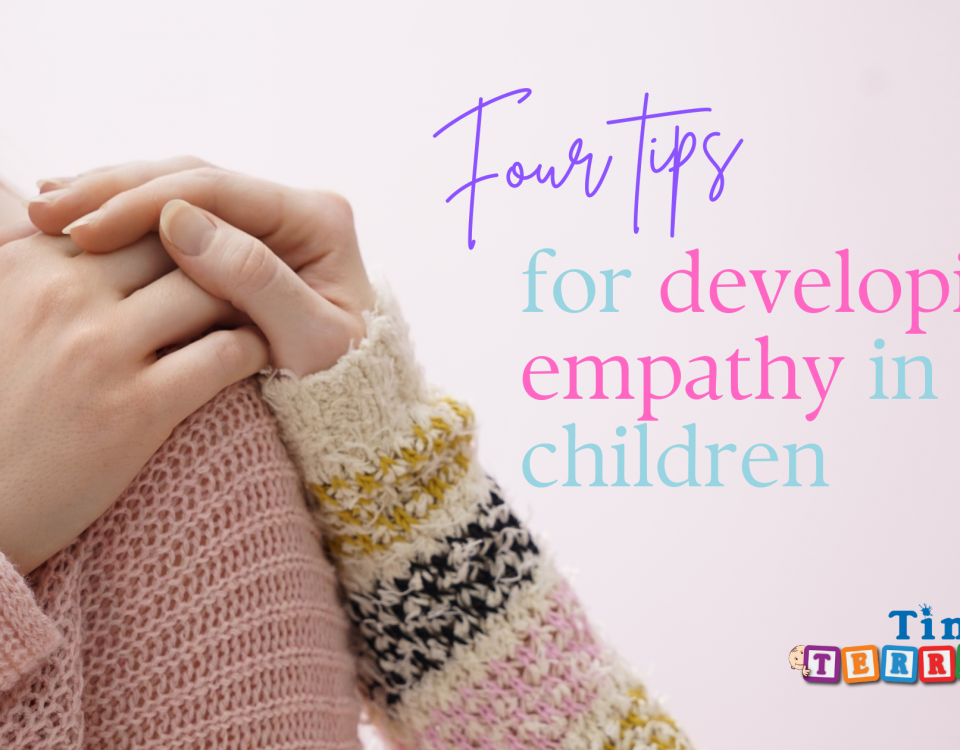
Bedtime Delay Tactics
July 16, 2020
Easing the Tech Battles at Home – How to Work with Your Child on Using Technology
August 12, 2020Calming An Anxious Child – Home Strategies That Work

Anxiety affects everyone, but it’s often difficult for adults to relate to the anxiety that children deal with. Adults usually end up invalidating the feelings of children by telling them they’re afraid for no reason, or that there’s nothing to be scared of.
Anxiety is especially confusing to children because they don’t know what they’re feeling, let alone how to deal with it. It’s important to understand a child’s feelings from their perspective to help them deal with whatever is going on.
Help Them Verbalise Their Feelings
To combat anxiety, you must get to the root of it. Encourage your child to identify and talk about their emotions. You should listen and empathise without belittling their problems. Helping your child understand what they are feeling is the first step towards resolving the problem. By giving their negative feelings a name, you can make them feel like they’re not alone, and help them recognise and verbalise what they’re feeling.

Don’t Always Run To The Rescue
You might be tempted to help your child avoid whatever it is that they’re scared of, but that behaviour will just end up reinforcing their anxiety. Instead, encourage them to develop constructive coping skills and make them confident in their ability to deal with stressful situations.
Daily reassurances fuel the worry and anxiety. Instead, motivate your child to come up with solutions for the problems they bring to you by themselves. By avoiding the anxiety-inducing situations altogether, they will prolong the negative feelings. Facing those fears (at a comfortable pace) will reduce the anxiety related to them over time.

Help Them Shift Negative Thinking Patterns
Anxiety causes children to focus on the worst-case scenario. It is crucial to help them resolve their fear of ‘what ifs’ by helping them challenge their scary thoughts. Many kids have fears about real-world problems like war or death. Discuss with them these fears and answer their questions honestly while helping them put their thoughts in perspective. Address their concerns with logic and give realistic and helpful answers.
If they think a sea monster is in the closet, the reason that it can’t be because it couldn’t survive out of the water. If they are scared of a fire breaking out, tell them that in the unlikely event that happens, the fire alarms will alert you, and the fire department will be here immediately. It would be helpful to have a fire drill to go through all the steps to follow in case of a fire, so they feel prepared to deal with a situation even if it is scary.

Tell Them Its Okay To Be Imperfect
Children feel as much pressure as adults to do everything perfectly. Their issues might seem small, but they are just as significant to them as your problems are to you. Children are often afraid of making mistakes, so they shy away from unfamiliar situations.
Encourage your child to have fun without caring if they win or lose and give importance to working hard, instead of being at the top.
Tiny Terrors is providing in-home parenting and behaviour support services to help your child improve their behaviour and day to day activities. You can call us on 1300 00 14 14 to discuss your child’s needs.


